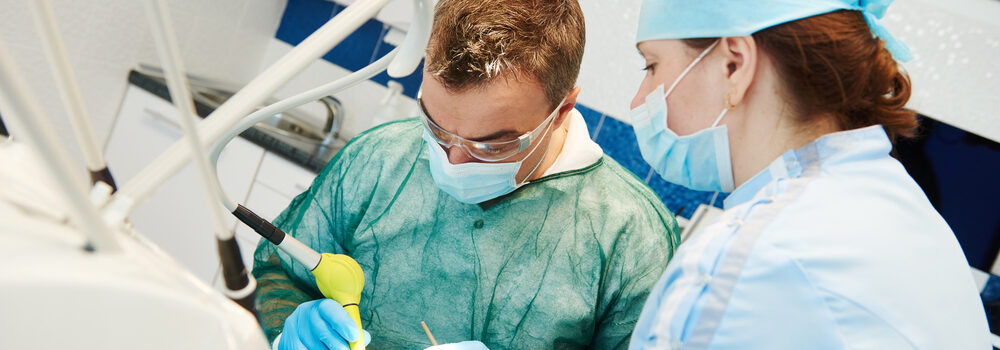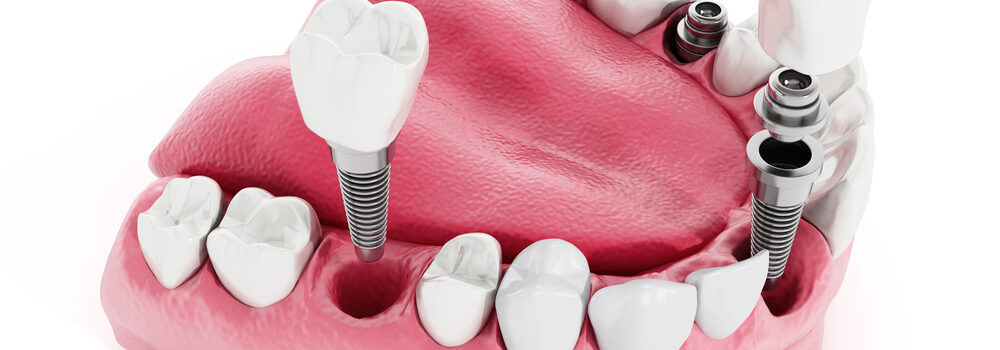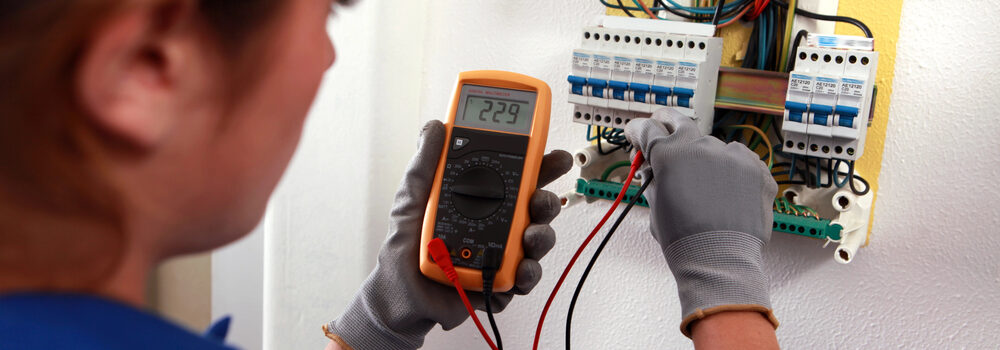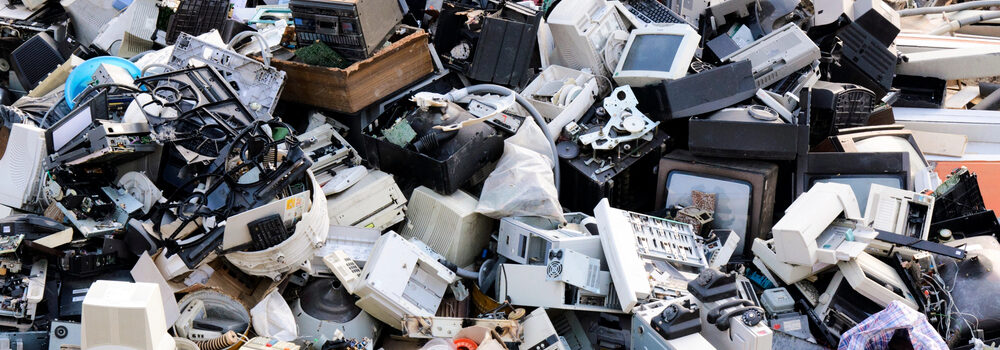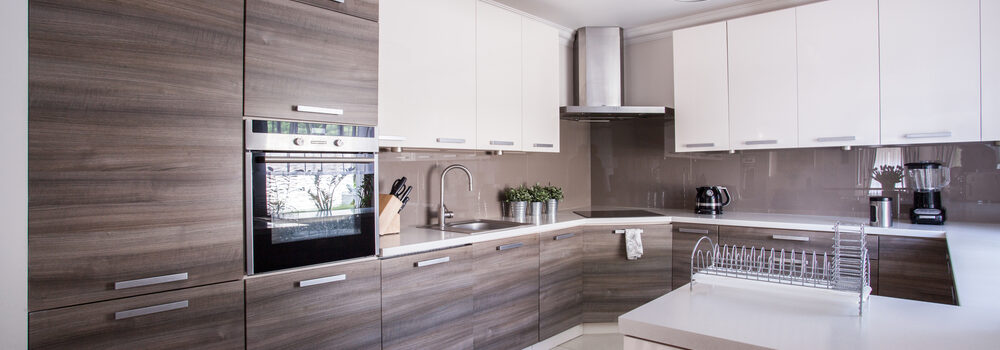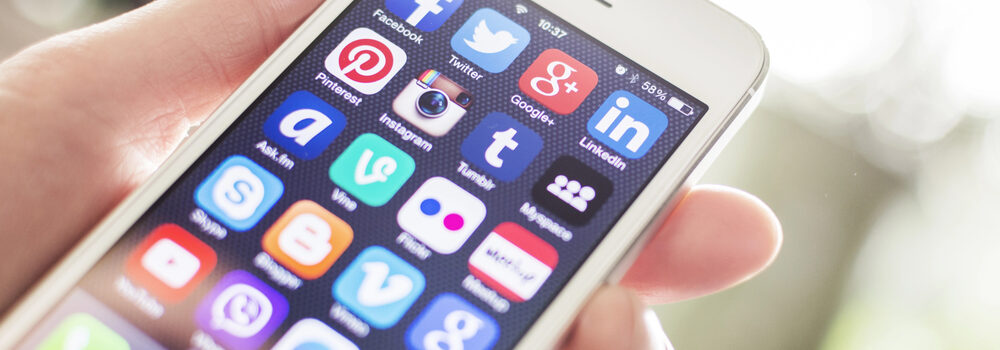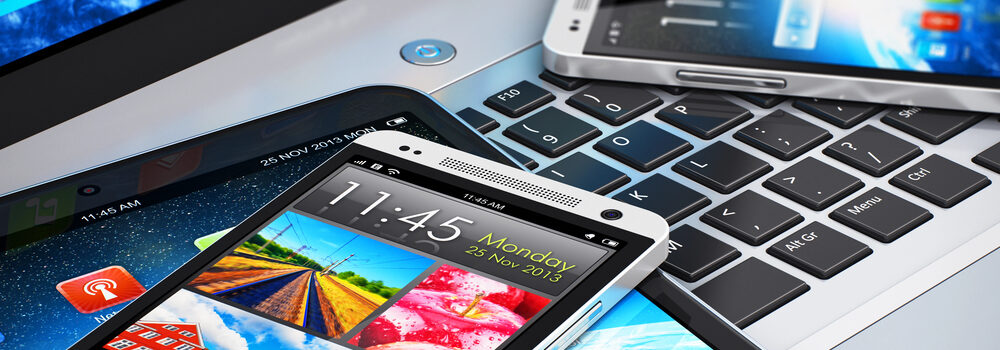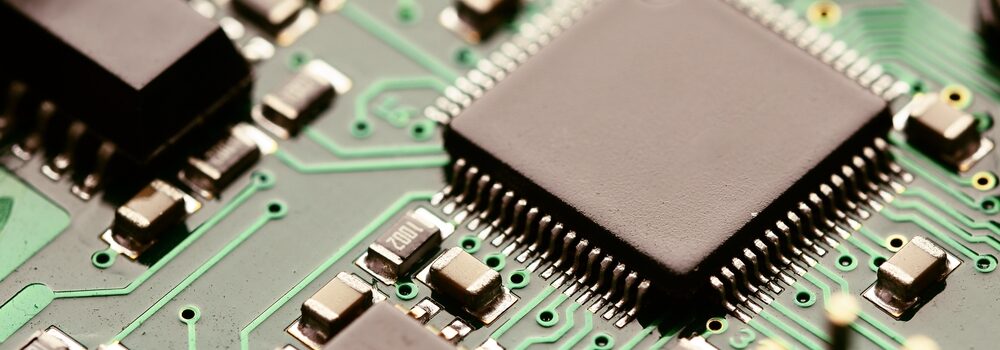Welcome to the exciting world of dental technology, where cutting-edge advancements are revolutionizing oral care as we know it. Gone are the days of uncomfortable procedures and lengthy recovery times. Thanks to continual innovation, dentistry is undergoing a remarkable transformation that is making treatments more precise, efficient, and comfortable for patients. In this blog post, we will explore some of the incredible advancements in dental technology and equipment that are shaping the future of oral health care. So sit back, relax, and prepare to be amazed at how far dentistry has come!
Dental 3D Printing
Imagine a world where dental crowns, bridges, and even dentures can be created with the precision of 3D printing. Well, that future is already here! Dental 3D printing has emerged as a game-changer in the field of dentistry. By using computer-aided design (CAD) software, dentists can now create highly accurate digital models of patients’ teeth and gums. These digital models are then sent to a specialized printer that uses biocompatible materials to fabricate custom dental restorations.
The benefits of dental 3D printing are far-reaching. First and foremost, it allows for incredibly precise and tailored treatments. Dentists can easily adjust the shape, size, and fit of prosthetics to ensure optimal results for each patient. This level of customization not only enhances aesthetics but also improves functionality.
Additionally, dental 3D printing significantly reduces treatment time compared to traditional methods. Previously, creating dental prosthetics involved multiple appointments and weeks or even months of waiting for off-site laboratories to craft them by hand. With 3D printing technology readily available in-house at many practices today, patients can have their restorations fabricated within hours or days.
Moreover, dental implants have become more accessible thanks to this groundbreaking technology.
Being able to print detailed surgical guides helps dentists accurately place implants with minimal invasiveness.
This makes implant procedures quicker, simpler, and more comfortable for patients.
The accuracy provided by these guides also boosts success rates.
In summary, dental 3D printing has transformed the way we approach restorative dentistry.
It offers unparalleled precision, customization, and efficiency.
Instead of relying on outdated techniques, this cutting-edge technology empowers both practitioners and patients alike.
As we continue down this path of innovation, the possibilities for improving oral care are limitless.
Gone are the days when visiting the dentist was synonymous with fear; now it’s a journey into an exciting realm where imagination meets reality
Digital Dentistry
In this digital age, technology has permeated every aspect of our lives, and dentistry is no exception. Digital dentistry refers to the use of advanced computer-based technologies in dental diagnosis, treatment planning, and oral care procedures. It encompasses a wide range of cutting-edge tools and techniques that have revolutionized the field.
One significant advancement in digital dentistry is the use of intraoral scanners. These small handheld devices capture detailed 3D images of patients’ teeth and gums without uncomfortable traditional impressions. The scanned data can be instantly transferred to a computer screen, allowing dentists to analyze it with precision accuracy.
Another remarkable development is computer-aided design/computer-aided manufacturing (CAD/CAM) technology. This enables dentists to create highly accurate dental restorations such as crowns, veneers, and bridges using virtual models generated by specialized software programs. With chairside milling machines available in many dental offices today, these restorations can be produced on-site within minutes instead of weeks.
Furthermore, digital imaging has made diagnosing dental issues easier than ever before. High-resolution X-rays provide clear images for more accurate diagnoses while exposing patients to significantly less radiation compared to traditional film X-rays.
Digital dentistry also extends into orthodontics with the introduction of clear aligner systems like Invisalign®️. These aligners are custom-made using sophisticated software that calculates precise tooth movements over time without metal brackets or wires.
Moreover, tele-dentistry has emerged as a game-changer in delivering remote oral healthcare services through video consultations and online platforms. Patients can now receive professional advice from their dentist without leaving their homes—an especially valuable resource during times when physical visits may not be possible or convenient.
The benefits provided by digital dentistry cannot be overstated—increased accuracy leading to better outcomes for patients; faster turnaround times resulting in less chair time and reduced inconvenience; improved patient comfort with fewer invasive procedures, and
Chairside Milling Machines
Chairside milling machines have revolutionized the field of dentistry, providing a faster and more efficient way to create dental restorations. Gone are the days when patients had to wait weeks for their crowns or bridges to be fabricated in an off-site lab. With chairside milling machines, dentists can now design and produce high-quality restorations right in their own office.
These advanced machines use computer-aided design (CAD) software to create a digital model of the patient’s teeth, allowing the dentist to customize the restoration precisely. The digital model is then sent directly to the milling machine, which carves out the restoration from a block of ceramic or composite material.
The result? Same-day restorations that fit seamlessly into the patient’s mouth with minimal adjustments needed. This not only saves time but also reduces costs for both dentist and patient. Additionally, chairside milling machines provide superior accuracy and precision compared to traditional handcrafted restorations.
Furthermore, this technology allows dentists to offer patients a more convenient experience by eliminating multiple appointments and temporary restorations. Patients can leave their appointment with a permanent crown or bridge firmly in place.
Dental technology has come a long way in recent years, and chairside milling machines are just one example of how these advancements are revolutionizing oral care. Cosmetic dentistry is more advanced, extremely affordable and more painless than before.
Laser Dentistry
When it comes to advancements in dental technology, laser dentistry has surely made its mark. This innovative technique utilizes lasers to perform a variety of dental procedures with utmost precision and efficiency.
One of the major benefits of laser dentistry is its ability to minimize pain and discomfort during treatment. The focused energy from the laser can target specific areas without affecting surrounding tissues, resulting in a more comfortable experience for patients.
Additionally, laser dentistry offers improved accuracy compared to traditional methods. With lasers, dentists are able to precisely remove decayed or damaged tissue while preserving healthy tooth structure. This not only ensures better oral health outcomes but also reduces the need for additional treatments or repairs down the line.
Furthermore, healing time after laser procedures is often quicker than traditional methods. The use of lasers promotes faster tissue regeneration and minimizes post-operative complications such as bleeding and swelling.
Laser dentistry also enhances patient safety by minimizing risk factors associated with conventional tools like drills and scalpels. By utilizing lasers for soft tissue treatments like gum reshaping or periodontal therapy, there is less chance of infection or damage occurring.
Laser dentistry represents a significant advancement in oral care that provides numerous benefits for both patients and practitioners alike. As technology continues to evolve in this field, we can expect even more exciting developments on the horizon!
Intraoral Cameras
Have you ever wondered what your dentist sees when they peer into your mouth? Thanks to advancements in dental technology, the mystery is being unraveled with the help of intraoral cameras.
Gone are the days of relying solely on mirrors and X-rays to diagnose oral health issues. Intraoral cameras provide a detailed and up-close view of the inside of your mouth, allowing dentists to identify problems that may have otherwise gone unnoticed. This tiny camera, about the size of a pen, captures high-resolution images that can be instantly displayed on a monitor for both patients and dentists to see.
One major benefit of intraoral cameras is their ability to improve patient education. With real-time visuals, dentists can now show patients exactly what’s happening inside their mouths. This not only helps patients better understand their treatment options but also empowers them to make informed decisions about their oral health.
Additionally, these cameras aid in early detection of dental issues such as cavities, gum disease, or cracked teeth. By catching these problems early on, prompt treatment can prevent further damage and save patients from costly procedures down the line.
Furthermore, intraoral cameras enhance communication between dental professionals and other specialists involved in a patient’s care. These clear visual records allow for seamless collaboration among healthcare providers when planning complex procedures like orthodontics or implant placement.
The use of intraoral cameras has revolutionized how we approach oral healthcare by providing comprehensive visual information. As technology continues to advance at an exponential rate within dentistry today, dental news provides up-to-date information on advancements in oral health care.
Dental Implants
When it comes to replacing missing teeth, dental implants have revolutionized the field of dentistry. These small titanium posts are surgically placed into the jawbone and act as artificial tooth roots.
One of the key advantages of dental implants is their ability to provide a permanent solution for tooth loss. Unlike traditional dentures or bridges that may need to be replaced over time, dental implants can last a lifetime with proper care.
In addition to their longevity, dental implants also offer improved stability and functionality. Because they fuse with the jawbone through a process called osseointegration, they become a stable foundation for replacement teeth. This means no more worrying about slipping dentures or avoiding certain foods.
Furthermore, dental implant technology has advanced significantly in recent years. With computer-guided implant placement and digital imaging techniques, dentists can ensure precise positioning and optimal aesthetics for each individual patient.
Dental implants have transformed the way we approach tooth replacement. Whether you’re missing one tooth or multiple teeth, this innovative solution offers natural-looking results and long-term benefits that can enhance both your oral health and quality of life.
Conclusion
The advancements in dental technology and equipment have truly revolutionized oral care. From digital dentistry to 3D printing, these innovations have not only improved the accuracy and precision of dental procedures but also enhanced patient experience.
With dental 3D printing, dentists can now create custom-made dental restorations with incredible detail and efficiency. This technology has significantly reduced turnaround times for prosthetics like crowns, bridges, and veneers, making cosmetic dentistry more accessible than ever before.
Digital dentistry has paved the way for streamlined processes and improved communication between patients and their dental healthcare providers. With the use of intraoral cameras, patients can now see real-time images of their teeth on a screen during examinations. This allows for better understanding of treatment options and encourages proactive oral health maintenance.
Chairside milling machines have made same-day restoration possible by allowing dentists to fabricate crowns or other restorations right in their clinics. Patients no longer need to wait weeks for off-site production; they can leave their appointment with a new crown that fits perfectly within just one visit.
Laser dentistry is another game-changer in modern oral care. It offers precise treatment options that are less invasive compared to traditional methods. Laser technology enables faster healing times, minimal bleeding, reduced pain levels during procedures such as gum contouring or cavity removal.
One significant advancement that cannot be overlooked is the development of dental implants. These artificial tooth roots provide a permanent solution for missing teeth while maintaining natural aesthetics and functionality. Dental implants have transformed countless smiles worldwide by restoring confidence in individuals who were previously limited due to gaps in their smiles.
Thanks to ongoing research and innovation in the field of dental technology combined with cosmetic dentistry techniques becoming more advanced yet affordable than ever before – we can expect even greater strides towards achieving optimal oral health outcomes across all populations!
Stay informed about these exciting shifts happening within our industry by following dental news and staying connected with your trusted oral healthcare professionals. Remember, a healthy



